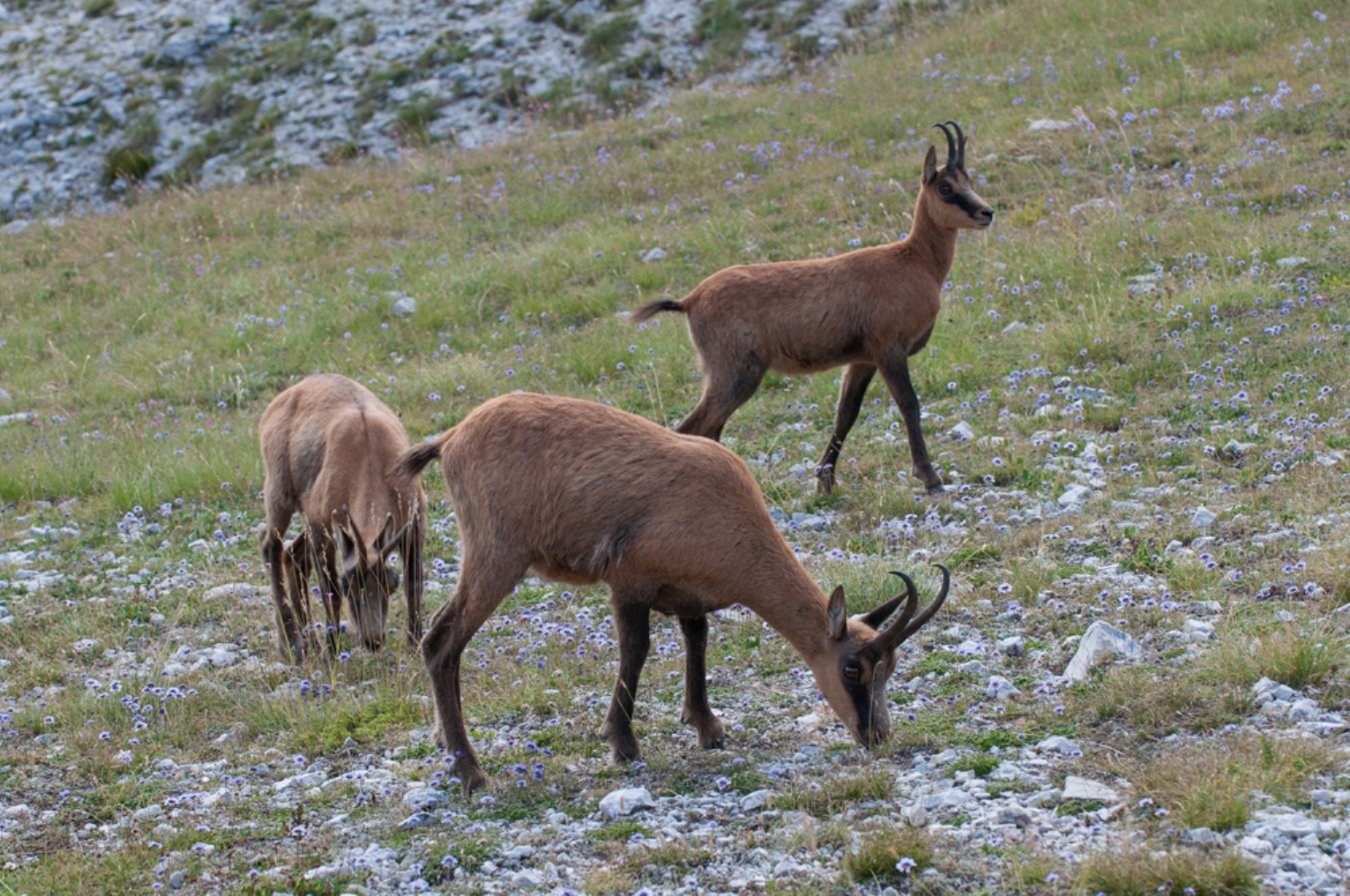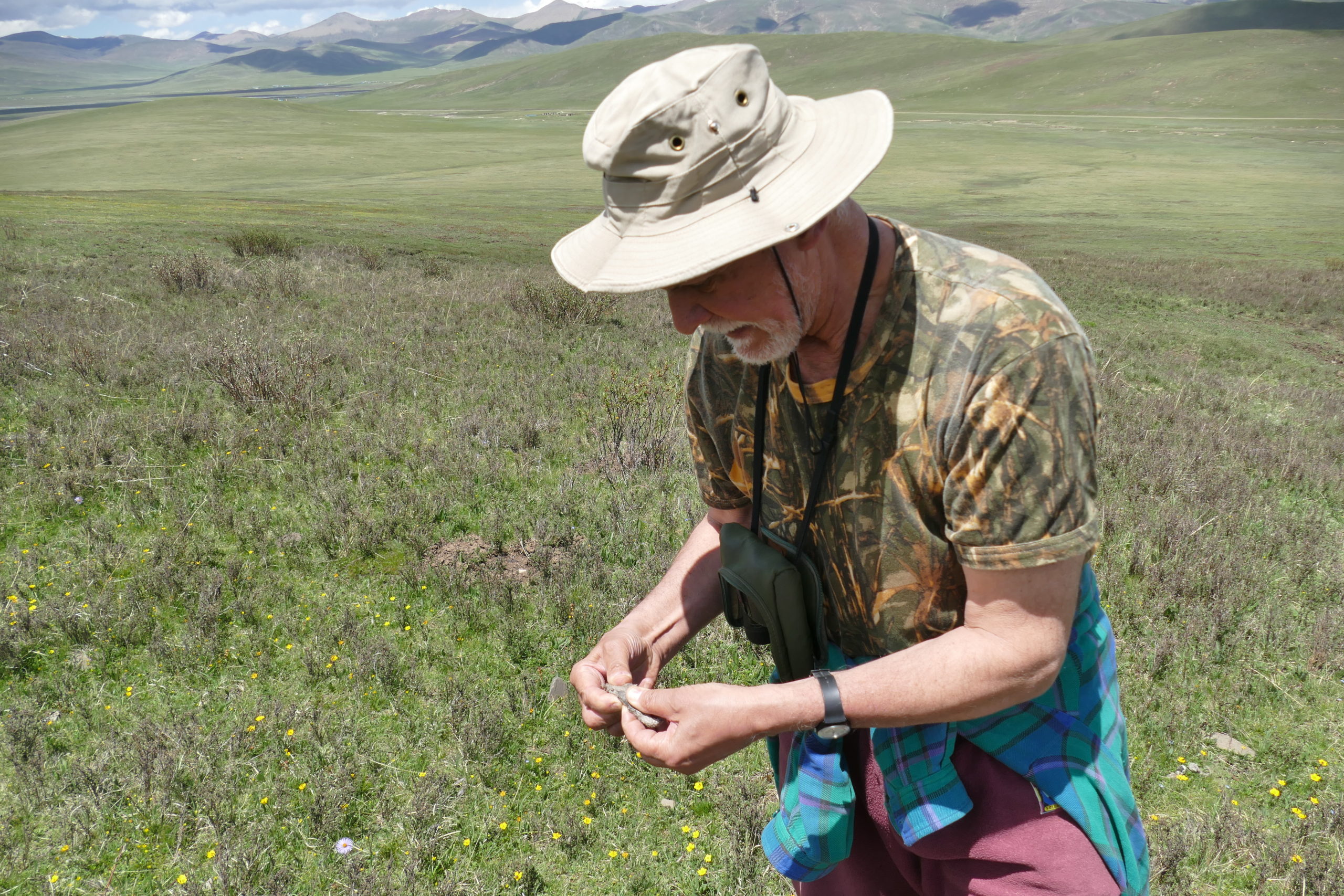
SLN is pleased to welcome Dr. Sandro Lovari, our SLN Steering Committee Chair, in this second Webinar focussing on Climate Change in mountain areas. In 2021 we began to examine the overarching threat of climate change to snow leopard habitats with a panel discussion. Our previous webinar took a special focus on indigenous knowledge of climate change and the impacts on herder livelihood. In this 2022 webinar we explore the impacts of climate change on mountain ungulates and their ecosystems. Whatever happens to the snow leopard’s main prey- as a result of climate change- matters hugely to the snow leopard future. Sandro will discuss a number of potential scenarios for how ungulates across the world may be affected, and in turn carnivores.
Please join us in this very pertinent and timely discussion, from a scientific as well as conservation perspective. As our understanding of climate change impacts changes over time we hope to continue to bring together experts and resource persons together to open up perspectives and share ideas for the way forward.
About the Talk
Major climatic changes have occurred on a number of occasions, with over 50 such changes taking place in the Pleistocene epoch alone. Each time climate change events have required ecological and behavioural adaptations to surviving plant and animal species, obliging them to seek refuge in suitable areas or cope with habitat modifications and alterations of local plant/animal communities. This can potentially lead to inter-species competition. Mountains are strongly seasonal habitats, which require special adaptations for wildlife species living on them.
Population dynamics of mountain ungulates are strongly influenced by the availability of rich food resources to sustain lactation and weaning during summer seasons. In turn, well fed juveniles will survive winter rigours more easily. In the case of an increase of temperature – such as in the current ongoing climatic change – plant phenology and nutritional quality will be affected. Predictions have been made on what could happen to populations of mountain ungulates based on how climate change could alter the distribution pattern and quality of high elevation vegetation. In this talk we will explore a case study using the “clover community-Apennine chamois Rupicapra pyrenaica ornata” to explore these relationships. All scenarios suggest a decline of the Apennine chamois in the next 50 years in its historical core range- from about 85% to 99% near-extinction. It is argued that the negative consequences of climate changes presently occurring at lower elevations will shift to higher ones in the future. These effects will vary with the species-specific ecological and behavioural flexibility of mountain herbivores, as well as with availability of climate refugia.
If climatic conditions do continue to change, these are likely to elicit a variation of resource availability for herbivores, and in turn for carnivores. A potential for exacerbation of interspecific competition could follow. Species distribution and abundance will be affected calling for farsighted measures of adaptive management and conservation.

About our Speaker
Sandro Lovari has led research expeditions and projects in Bangladesh, Canada, Kenya, India, Nepal, Pakistan, and Italy. For some 50 years, he has been working steadily on the behaviour, ecology and conservation of large mammals. His contributions to science include some 240 full papers and 10 books. He has been associated to various universities around the world. From 1990 to 2016, he has been full professor of Animal Behaviour at Siena University-Italy. Although retired, Sandro remains involved in research, and is professor emeritus at the Natural History Museum in Grosseto-Italy. He has been a member of the I.U.C.N./SSC Caprinae Specialist Group, chairing it for a total of 19 years, besides being a member of the Bear SG, Deer SG and Conservation Translocations SG. In 2020, he has been elected chair of the Steering Committee of the Snow Leopard Network.

Date/Time
Monday, 28th February, 2022 at 13:00 CET
Register today
Please note
- If you have never used Zoom before, we recommend that you try the link 10 minutes before the start of the lecture.
- Please feel free to write questions in the comment area and there will be time for questions/discussion at the end of the talk.
- Please note that the session will be recorded and later featured on the SLN website. If you have concerns about this please let us know before the session.

